
Most of us indulge in a little alcohol from time to time. It will not surprise you that alcohol has a negative effect on our body in many ways. But how does the influence of alcoholic beverages reflect on our sports performance? Is it necessary to completely eliminate it from sports?
Summary:
- Alcohol metabolism: When we consume alcohol, especially ethanol, it enters our bloodstream, where it is metabolized primarily by the liver. Excessive consumption can lead to fatty liver and liver damage;
- Dehydration: Alcohol reduces the production of antidiuretic hormone (vasopressin), which causes water loss and dehydration;
- Risk of injury and reduced performance: Alcohol consumption increases the risk of sports injuries and can reduce sports performance by 11.4% in the long term;
- Negative effects of excessive consumption: Excessive alcohol consumption leads to cellular acidification and lactate accumulation, which can cause glycogen depletion and subsequent hypoglycemia. This has a very negative impact on athletic performance;
- Alcohol and recovery: Alcohol can cause oxidative stress, which slows muscle and tissue recovery, impairs the ability to absorb nutrients, and disrupts sleep quality.
Processing of alcohol in the body
There are many types of alcohol, but it is ethanol that we get into our bodies when we open a bottle of wine in the evening or when we quench our thirst with a cold beer after a long bike ride or run. What happens then? Alcohol in small amounts begins to penetrate the bloodstream in the mouth , then in the stomach and intestines and travels through our body in the blood . Alcohol is metabolized from the blood mainly by the liver , with excessive consumption it becomes so-called fatty, if excessive consumption is long-term, liver cells can begin to die. Alcohol that is not metabolized by the liver is eliminated from the body in its original form through sweat, urine and breath .
The effect of alcohol on athletic performance and muscle growth
Known effects of alcohol include loss of attention, balance, decreased coordination of movements and more. A not-so-well-known fact for athletes is that once alcohol reaches the nervous system , it reduces the secretion of antidiuretic hormone (vasopressin) . Its job is to prevent our body from excreting too much water from the body . The function of antidiuretic hormone is to inform the kidneys to conserve water . So if we have a deficiency of this hormone, the information about conserving water does not reach the kidneys , so they send more water directly to the bladder and dehydration occurs .
Alcohol also increases the risk of sports injuries. A study of athletes aged 18 to 24 revealed that the risk of injury increased from 23.5% in abstainers to 54.8% in drinkers . So it's worth considering whether you'd rather not drink alcohol. Especially when we take into account that alcohol has also reduced sports performance by 11.4% in the long term . Alcohol after training also reduces muscle protein synthesis (the formation of new muscle proteins - ed. note) and has a negative effect on muscle regeneration.
And what happens if we really overdo it with alcohol?
When we consume too much alcohol, our cells begin to acidify , producing lactate, which is well-known to athletes . The fact that the cells are full of lactate then starts a chain of chemical reactions that, if consumed excessively for a long time, deplete glycogen stores, which can lead to hypoglycemia (a drop in blood sugar levels). Hypoglycemia causes palpitations or unpleasant feelings of weakness . For athletes, the depletion of glycogen stores has a very negative impact, since glycogen is the primary source of energy for athletic performance .
Alcohol before a race or training session
Do you just want to "boost" yourself a little for the upcoming race or relieve nervousness? It's better to skip alcohol for this purpose. Drinking alcohol the night before a race can have a negative impact on your overall performance, mainly due to the possibility of:
- Dehydration
- Reduced regeneration abilities
- Sleep disturbance
Specifically, alcohol consumption reduces the body's ability to recover from physical exertion. Alcohol can cause oxidative stress in the body, which slows down muscle and tissue regeneration . It also impairs the body's ability to absorb nutrients, especially minerals, and impairs sleep quality by limiting the ability to achieve deep, restorative REM sleep.
Learn more about sleep and recovery in this article
What to avoid
We are not saying that every athlete must abstain. You can indulge in alcohol in moderation, and while significantly reducing your alcohol consumption will benefit your body, we are not forcing you to give it up completely. However, we do have a few recommendations for what to avoid and what to watch out for:
- Consuming alcohol just before training or competition – if the alcohol has not yet been fully metabolized by the body, the negative impact will be high.
- Excessive and frequent alcohol consumption – long-term consumption will negatively affect your performance.
- Alcohol consumption during periods of stress – if you are focused on performing at your best or if you are a professional athlete, it is certainly worth considering completely avoiding alcohol during training and competition periods.
- Insufficient hydration after alcohol consumption – if you are currently indulging in alcohol, remember to drink sufficient amounts of clean water during and after consumption.
Alcoholic beverages can make many events more enjoyable, but their effect on our body and sports performance is predominantly negative, which is why alcohol consumption must be approached with caution.
Resources:
- El-Sayed MS, Ali N, El-Sayed Ali Z. Interaction between alcohol and exercise: physiological and haematological implications. Sports Med. 2005;35(3):257-69. doi: 10.2165/00007256-200535030-00005. PMID: 15730339.
- O'Brien CP, Lyons F. Alcohol and the athlete. Sports Med. 2000 May;29(5):295-300. doi: 10.2165/00007256-200029050-00001. PMID: 10840864.
- Arthur I. Cederbaum, Alcohol Metabolism, Clinics in Liver Disease, Volume 16, Issue 4, 2012, Pages 667-685, ISSN 1089-3261, ISBN 9781455749171, https://doi.org/10.1016/j.cld.2012.08.002 . Available from: https://www.sciencedirect.com/science/article/pii/S1089326112000852
- Chemistry of dangerous alcohol intoxication. Přírodovědci.cz [online]. Prague: Charles University, 2012 [cited 2023-08-02]. Available from: https://www.prirodovedci.cz/chemik/clanky/chemie-nebezpecneho-alkoholoveho-opojeni
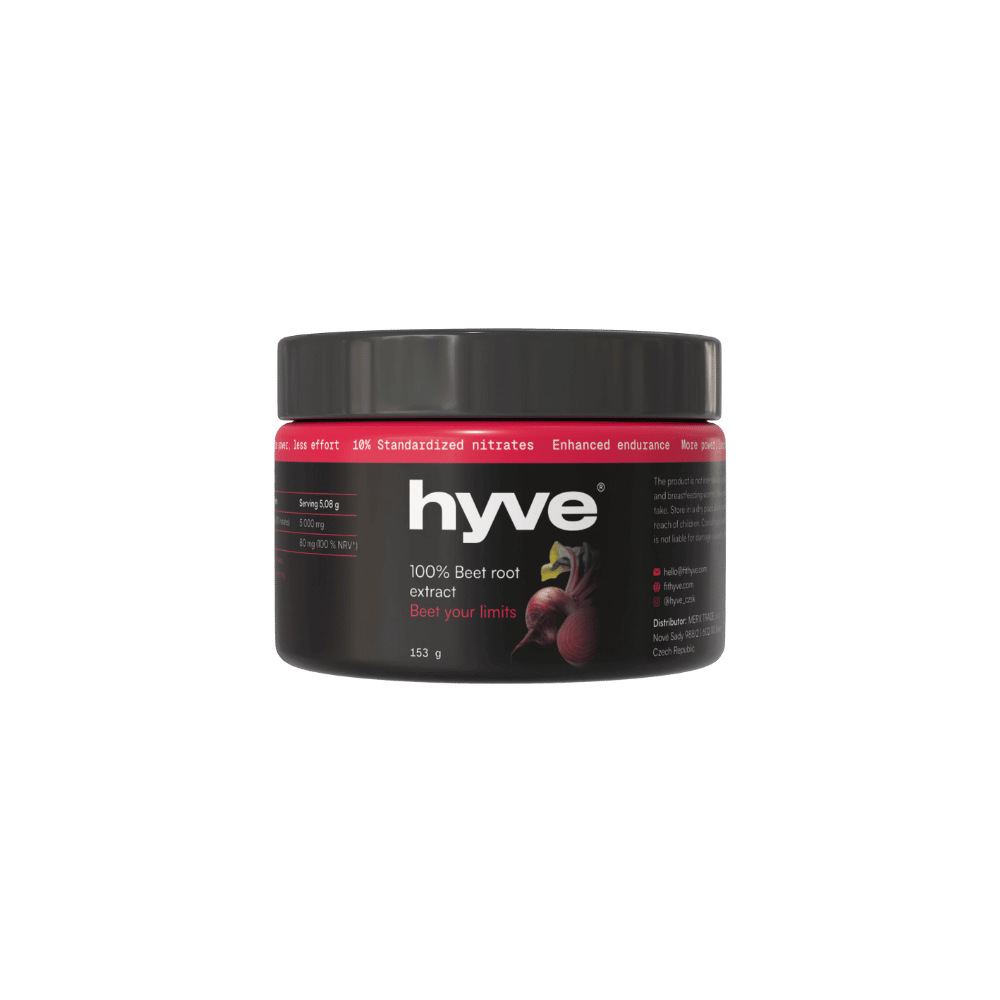
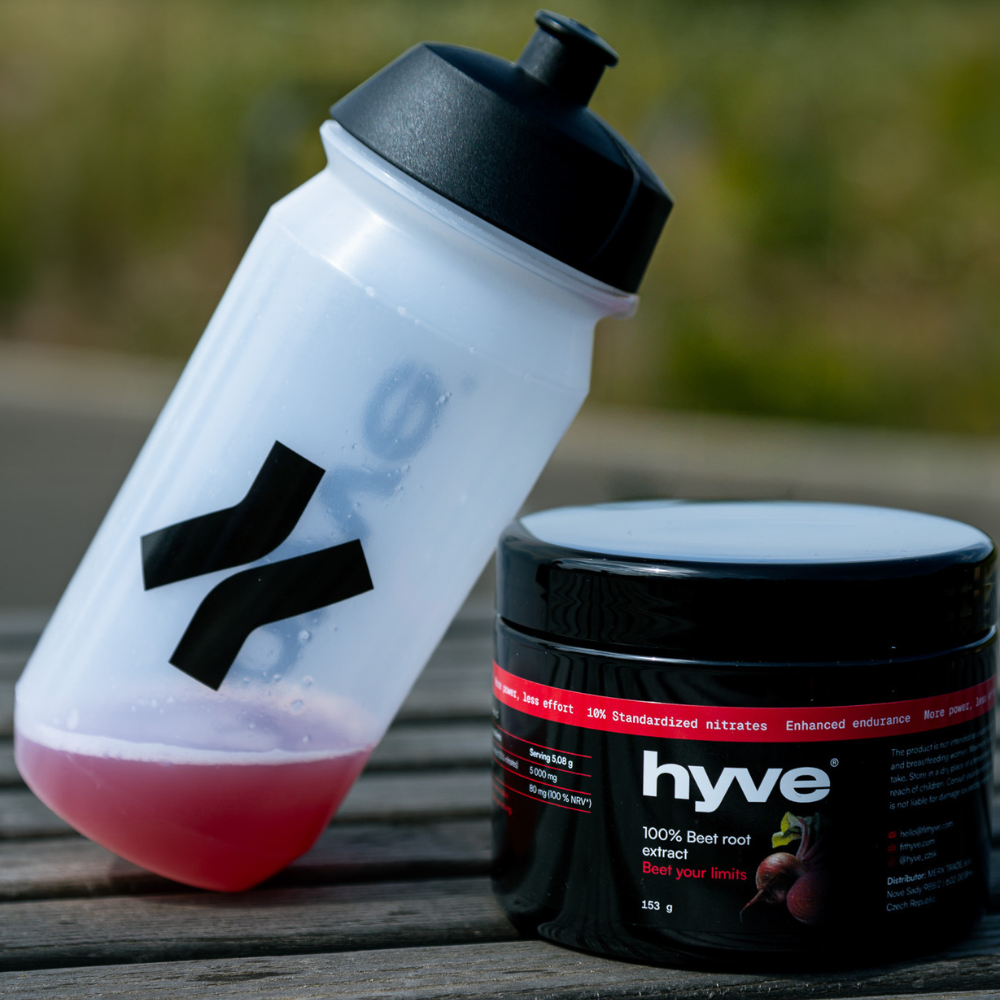
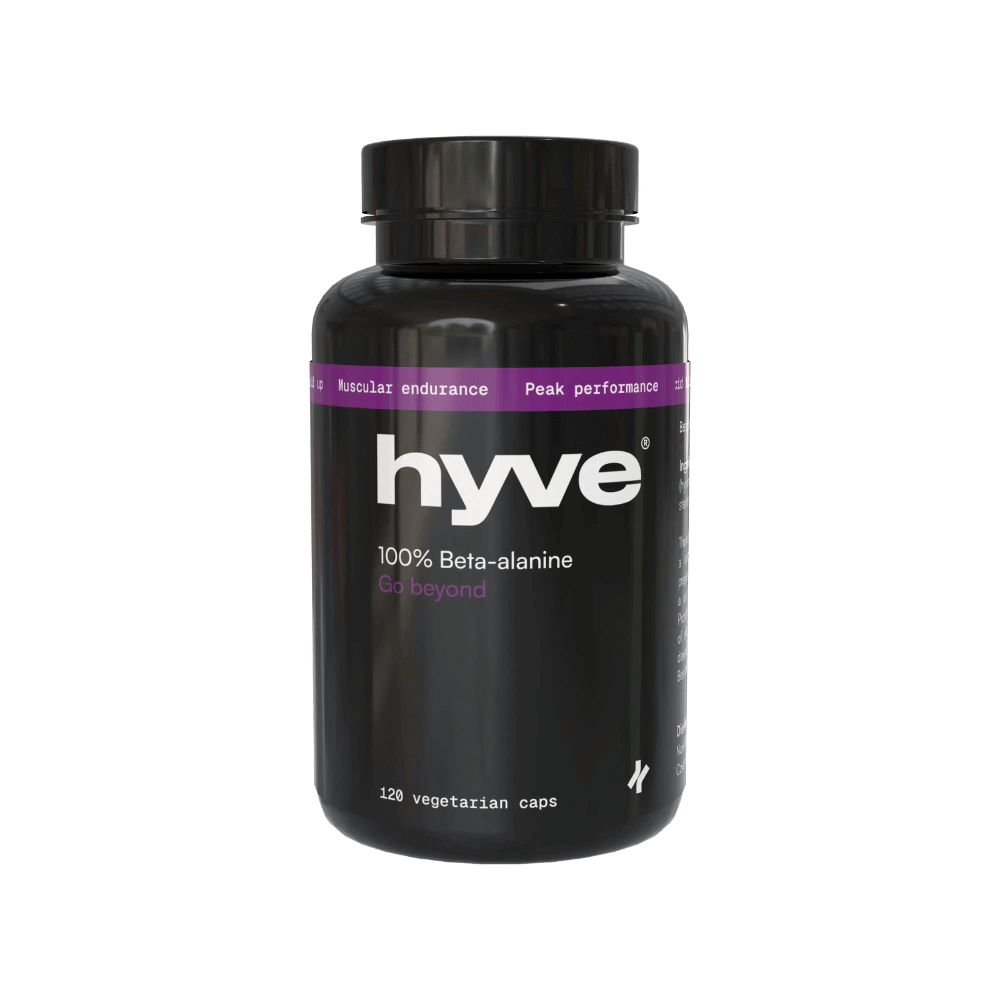
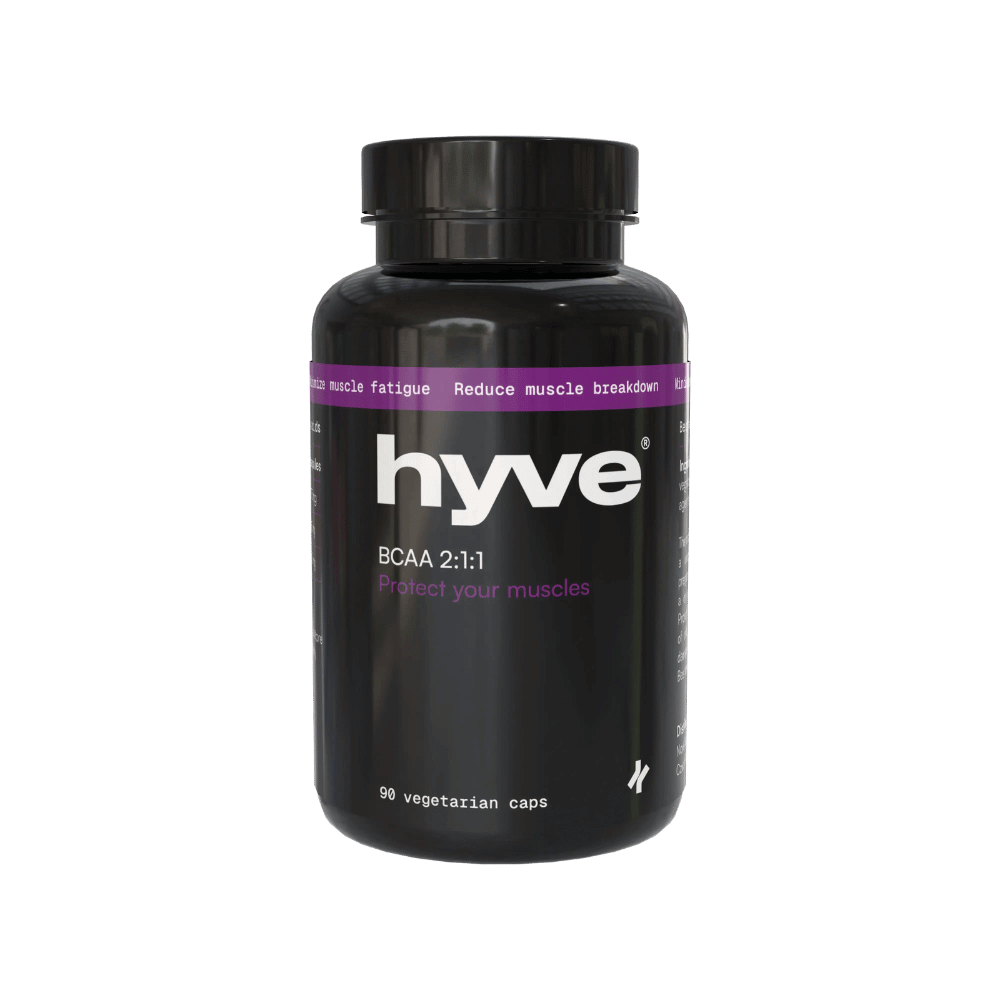
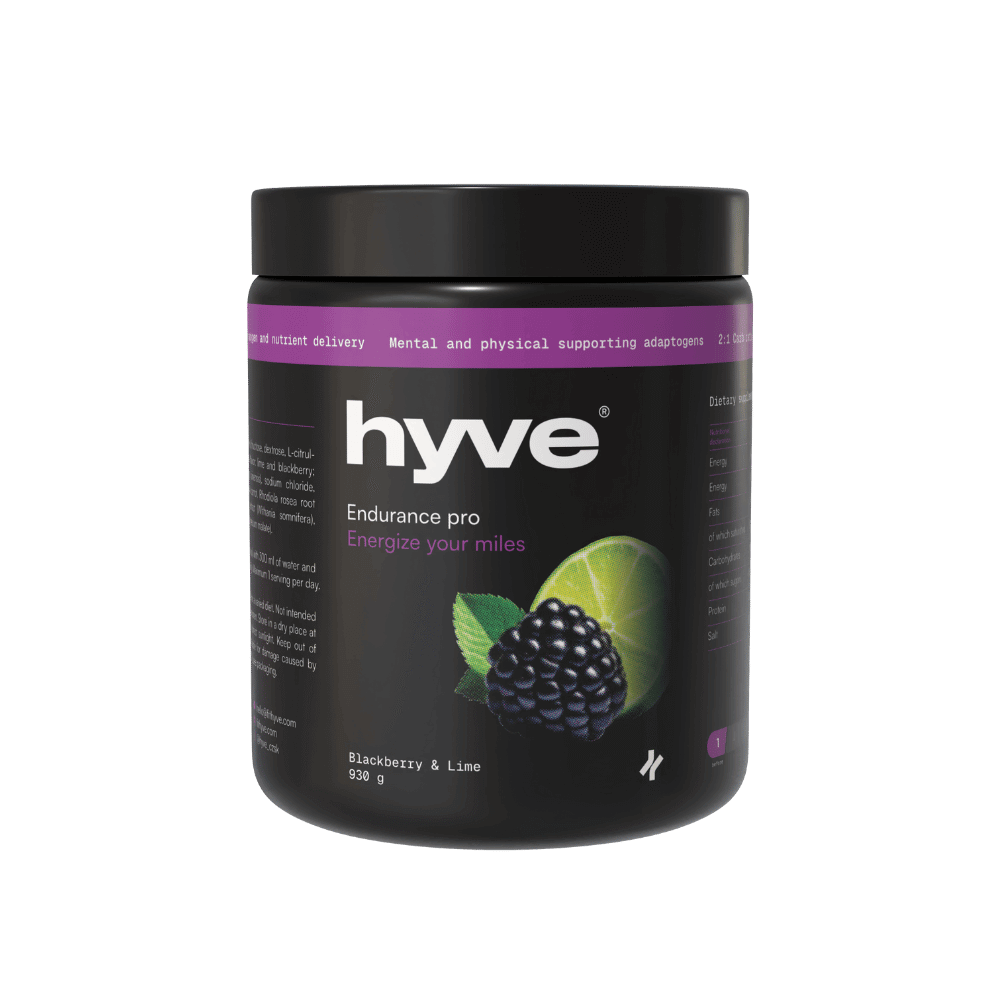
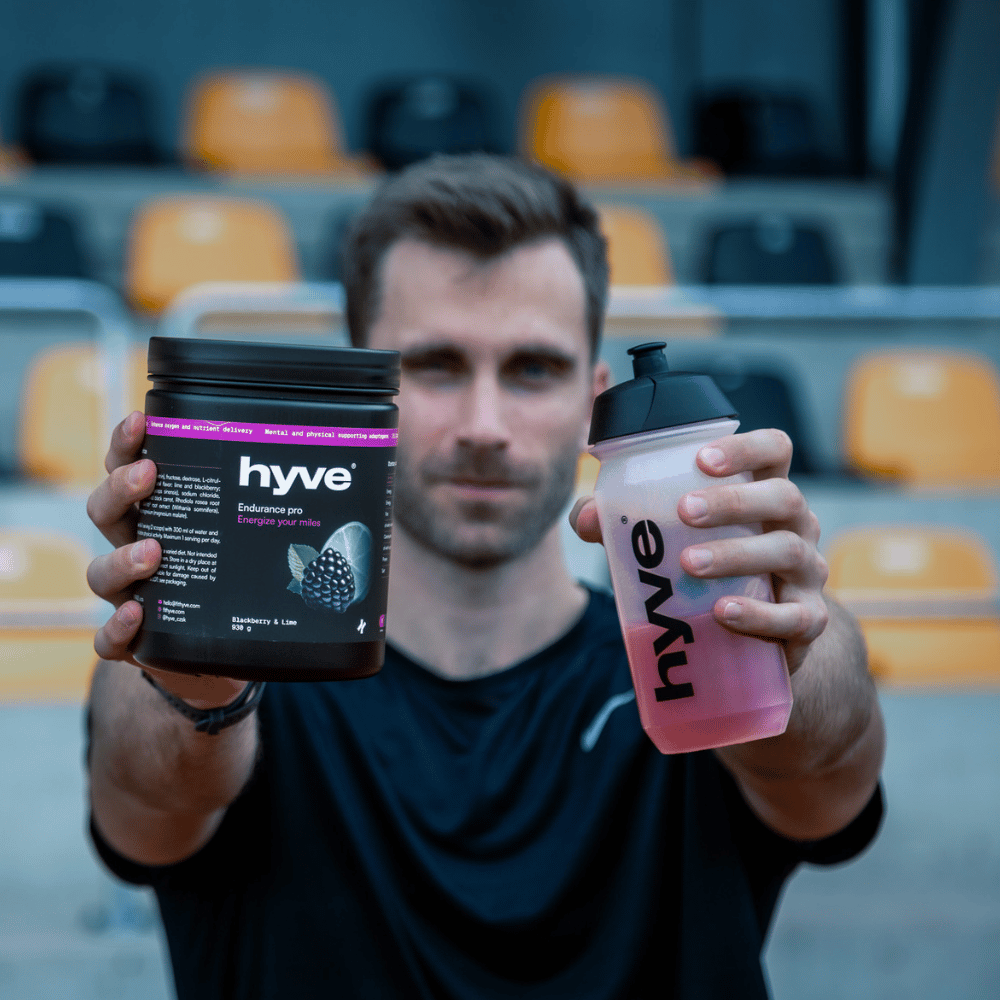
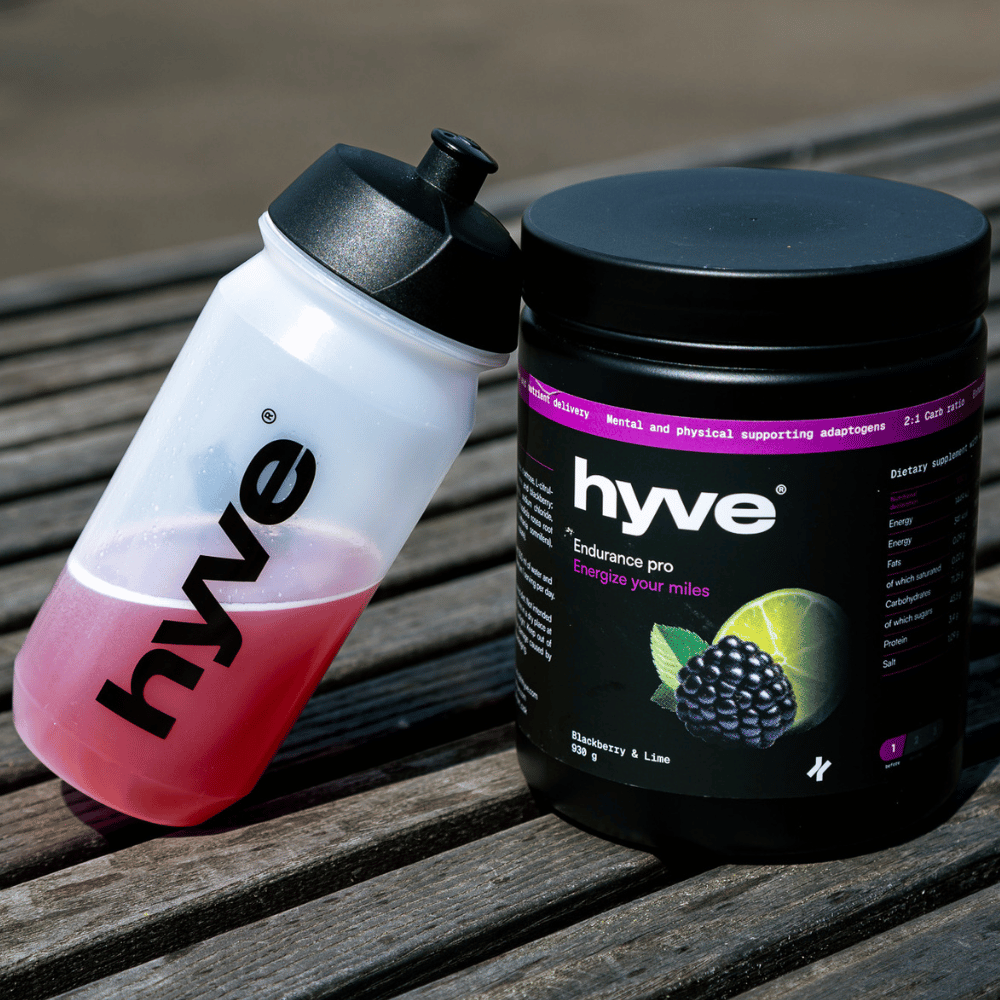
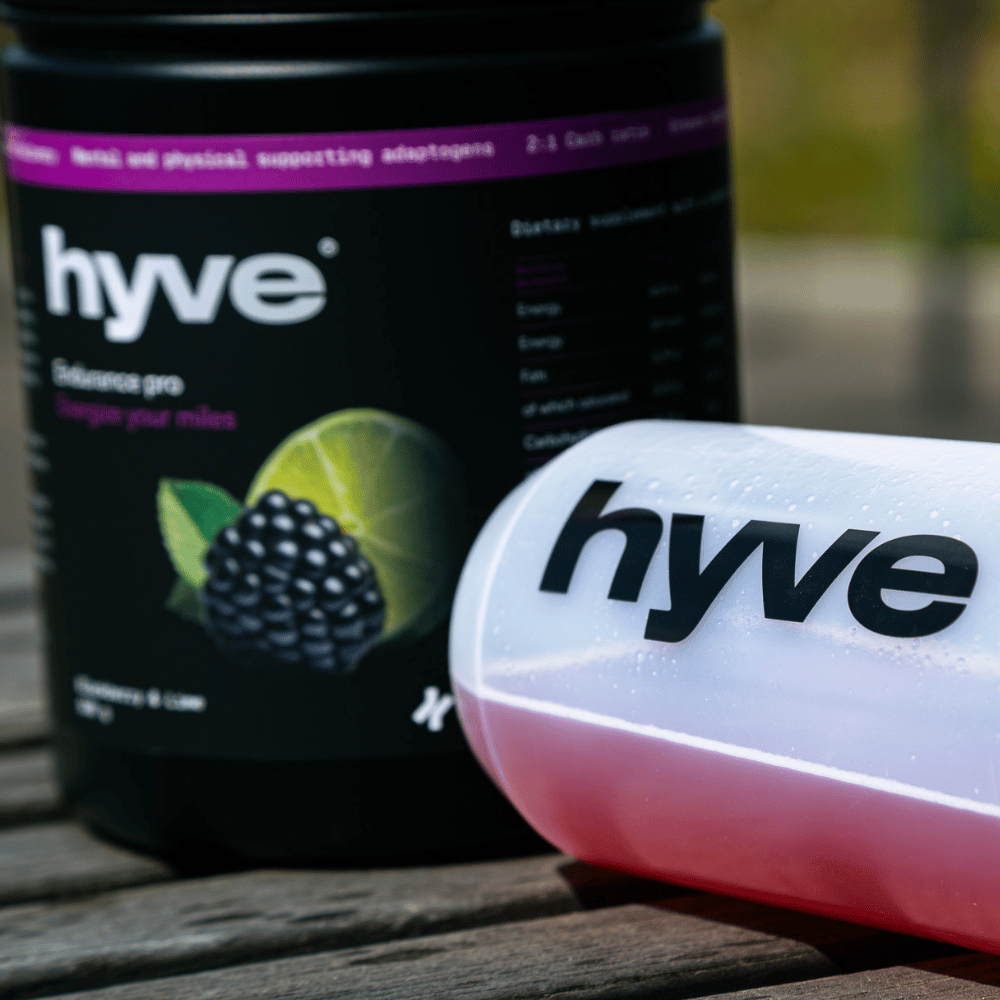
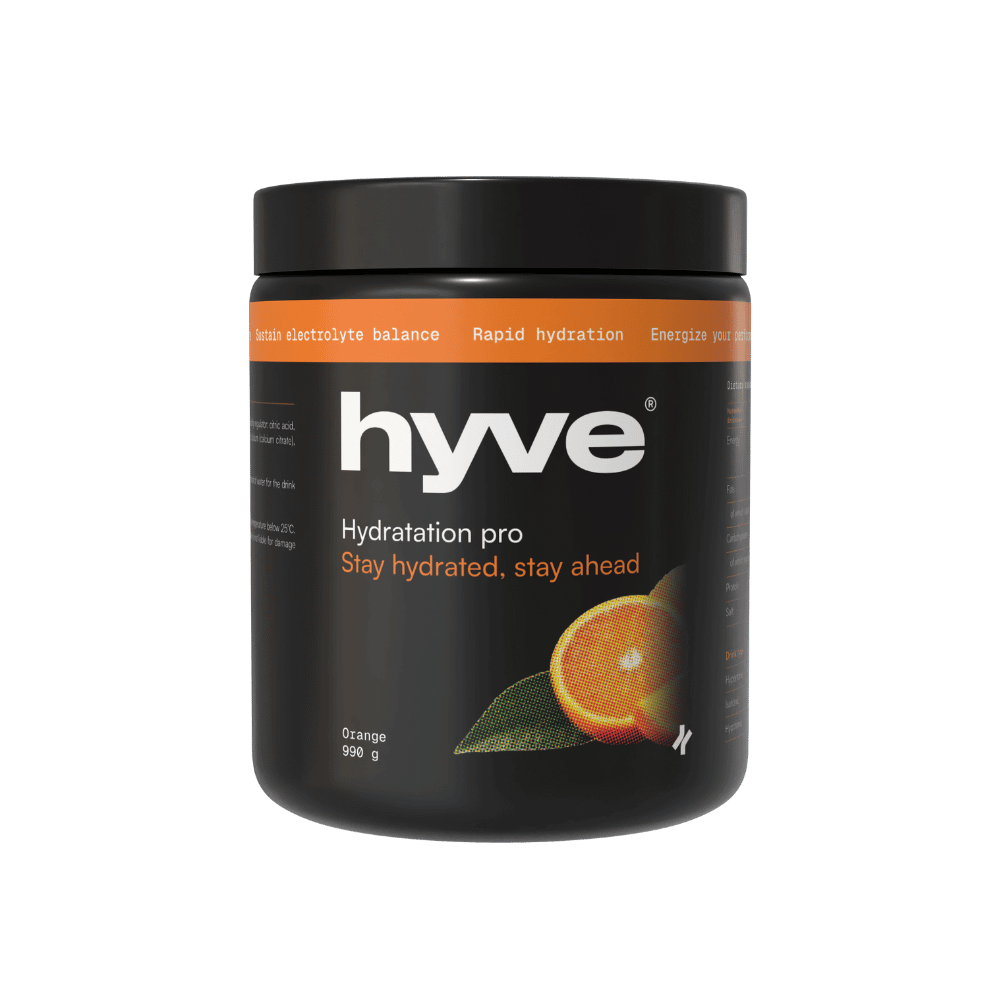
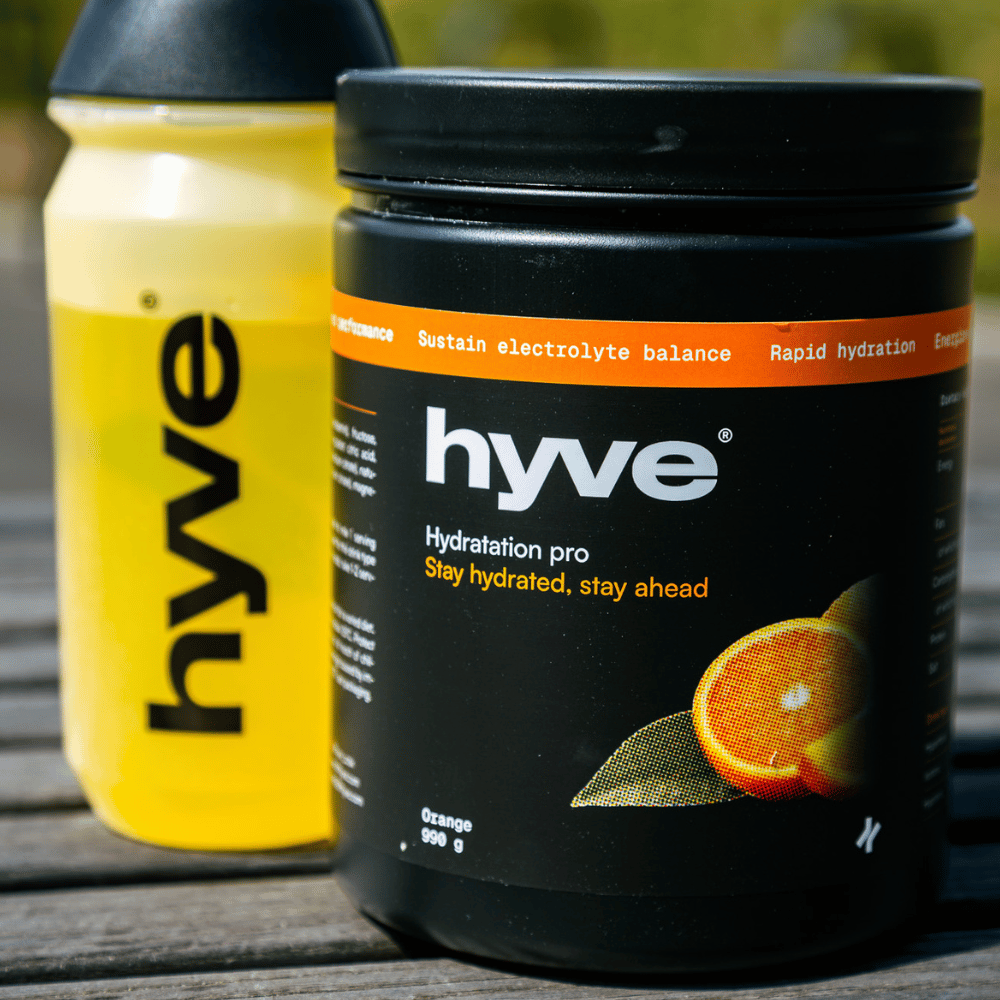

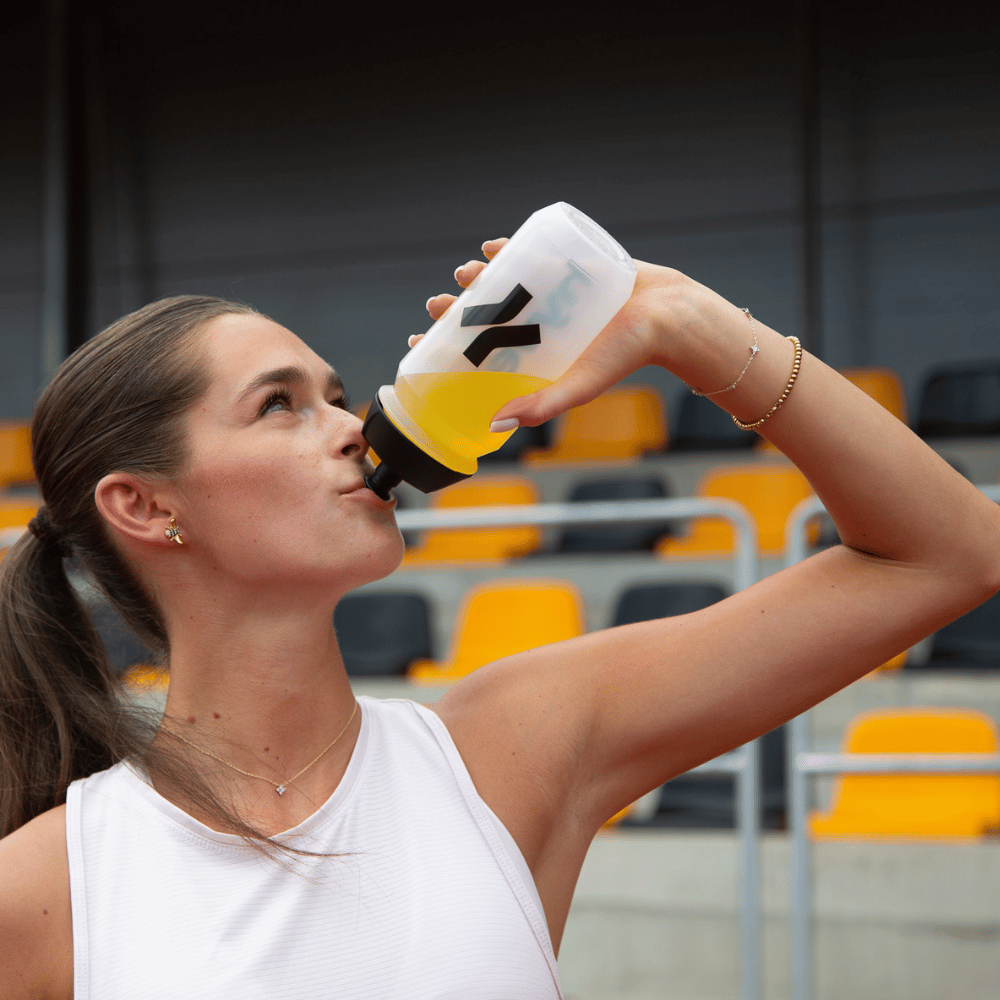
Beta Alanine: Effects, Dosage and Side Effects
What is whey protein - factually and briefly
Share: